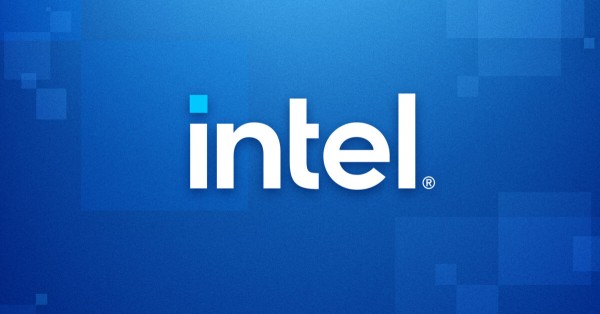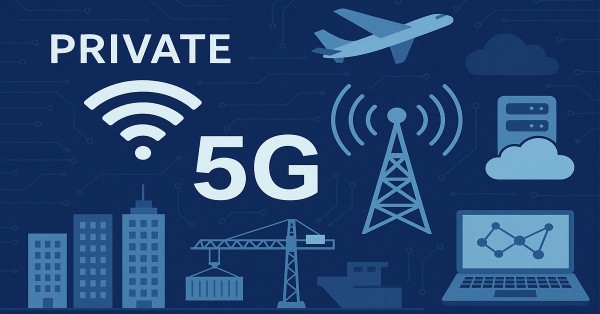Google fined in Australia; Android default search exclusivity ends
Google will pay a US$35.8 million (A$55 million) penalty and change how it structures Android default search agreements with Australian carriers and OEMs.
Key facts: ACCC settlement, US$35.8M fine, default changes
The Australian Competition and Consumer Commission (ACCC) alleged that Google’s contracts with Telstra and Optus from December 2019 to March 2021 blocked rival search engines on carrier-sold Android devices via platform-wide default settings and revenue-sharing incentives. Google admitted the conduct likely lessened competition and agreed to court-enforceable undertakings to remove restrictions that mandated Google Search as the exclusive, out-of-the-box option across search access points (browser defaults, widgets, and in-phone settings). A judge must still approve the penalty, after which the commitments take effect.
Impacts on carriers, OEMs, and search rivals
The undertakings cover Google’s contractual arrangements with Android phone makers and Australian telcos dating back to 2017, opening the door to non-exclusive preloads, flexible default settings, and per-device configurations. Telstra, Optus, and TPG separately committed in 2024 not to enter or renew exclusive default search deals. In practical terms, carriers can now present alternative search providers and negotiate new commercial terms without breaching prior restrictions.
Why it matters for telcos, OEMs, and 5G-era platform strategy
The end of default exclusivity reshapes device commercialization, rev-share economics, and the user acquisition funnel for search and AI assistants in Australia.
Revenue-share, preloads, and go-to-market changes
Exclusive preloads and single-default mandates have been a cornerstone of Android commercialization under Google Mobile Services (GMS) bundles. Moving to non-exclusive defaults and choice-first onboarding will dilute guaranteed traffic and could compress revenue-share streams tied to default status. Carriers and OEMs gain negotiating leverage and can assemble multi-provider portfoliosthink Bing, DuckDuckGo, and emerging AI search toolswhile balancing subsidy economics, care costs, and NPS impact.
Data governance, consent, and ACCC compliance risks
More providers mean fragmented telemetry, new consent flows, and more complex attribution across browser, widget, and in-app search intents. Legal and product teams should map data-sharing clauses, retention, and cross-service identifiers to ensure ACCC-aligned compliance. Expect ACCC scrutiny of dark defaults, nudge patterns, and any indirect restraints that replicate exclusivity through technical integration.
Global antitrust context: defaults, browsers, and app distribution
Australia’s case aligns with a broader regulatory push to curb default-driven dominance across search, browsers, and app distribution.
Alignment with U.S. ruling and EU DMA choice screens
In the U.S., a federal court found Google illegally monopolized general search, citing multibillion-dollar default payments to Apple and Android OEMs; remedies could extend to structural actions around Chrome. In Europe, cumulative antitrust fines exceed 8 billion since 2017, and the Digital Markets Act (DMA) imposes strict rules on self-preferencing, choice screens, and default settingsareas where the European Commission signaled non-compliance concerns in March 2025. Australias undertakings echo DMA-style outcomes: no exclusivity, user choice, and fair access for rivals.
APAC enforcement outlook for defaults, app stores, and ad tech
The ACCC’s five-year Digital Platform Services Inquiry is shaping a durable enforcement playbook spanning defaults, app stores, and ad tech. Other APAC regulators are watchingespecially as AI assistants blur lines between search, browsers, and messaging. Vendors should anticipate portability mandates, choice screens at setup, and transparent rev-share disclosures becoming the regional norm.
AI assistants and the battle for Android search entry points
Generative answers and assistants intensify competition for the first touchpoint on mobile deviceswhere defaults previously locked in discovery.
From search boxes to system-level AI assistants
As AI copilots move into launchers, keyboards, and notifications, the search box becomes a system-level service. Open access to search access points enables new contenders to bid for positiontraditional engines, privacy players, and AI-native assistants. Carriers can curate differentiated experiences (e.g., enterprise-secure AI search for business fleets) without breaching exclusive clauses.
Choice screens, onboarding, and default management
Choice screens and flexible defaults add setup steps but can increase perceived control. Carriers should A/B test onboarding to sustain activation rates and minimize care calls. OEMs must align launcher, browser, and widget defaults with consent and disclosure requirements. Engineering teams should audit intent handlers and fallback logic to avoid sticky defaults that invite enforcement.
Action plan for carriers, OEMs, advertisers, and product teams
Now is the time to reassess contracts, product flows, and revenue models to compete in a multi-default, AI-accelerated landscape.
Telco and OEM playbook: contracts, partners, and onboarding
- Renegotiate search and browser bundles to remove exclusivity, add performance-based tiers, and reserve the right to run choice screens across channels (retail, MDM, and OTA updates).
- Build a diversified partner roster: a mainstream engine, a privacy-focused option, and at least one AI assistant; pilot enterprise SKUs with managed defaults.
- Redesign onboarding with clear consent, transparent rev-share disclosures where required, and simple default switching; measure churn, ARPU, and CSAT impacts.
- Update compliance governance for GMS changes, DMA-like rules, and ACCC expectations; document technical controls that prevent back-door exclusivity.
Advertiser and partner playbook: traffic, measurement, and ROI
- Reforecast traffic and CAC as default-driven volumes normalize; shift budgets toward performance placements within choice screens and OEM/carrier channels.
- Invest in vertical search and AI answer integrations (e.g., shopping, travel, local) that can win default slots based on utility, not just subsidies.
- Prepare privacy-safe measurement across multiple engines; standardize tagging, consent strings, and event taxonomies across browsers and apps.
- Track remedies in the U.S. and EU; convergence on choice and portability could create repeatable playbooks across markets.
Bottom line: the Australian settlement weakens the moat around default search on Android, accelerates multi-provider distribution, and sets the stage for AI assistants to compete at the system layerrewarding players with the best utility, user trust, and compliant onboarding, not just the deepest pockets.































